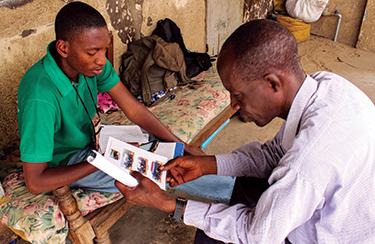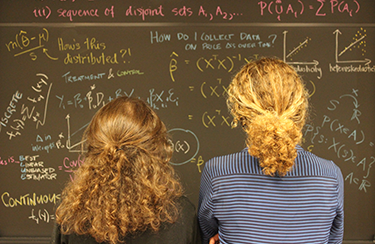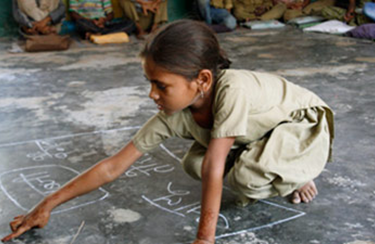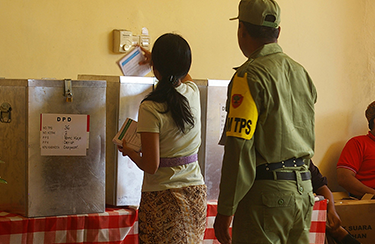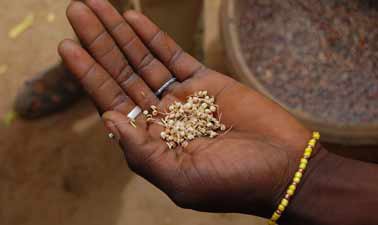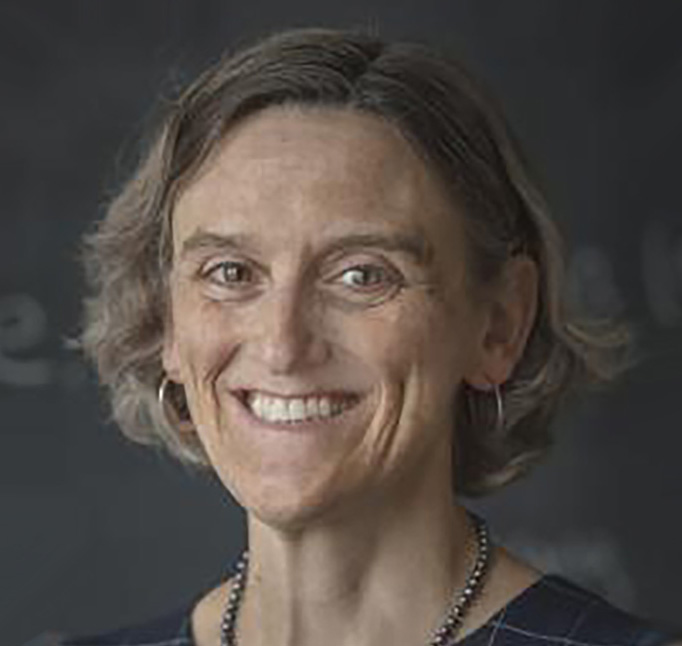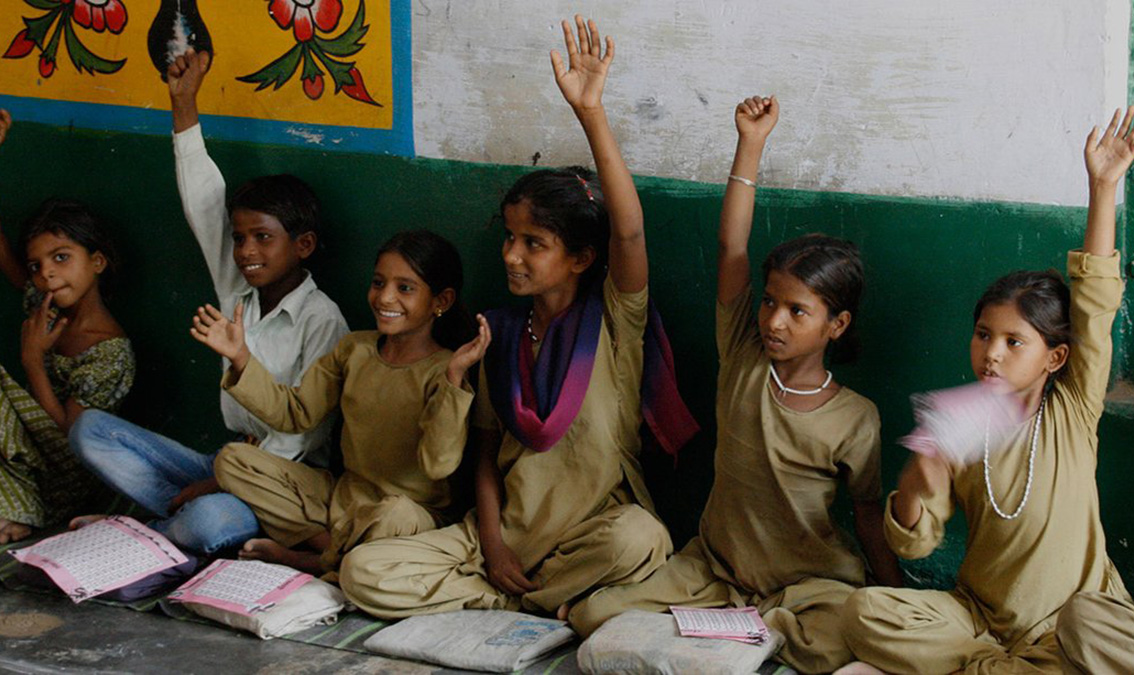The core curriculum covers foundational topics such as economics, probability and statistics, data analysis, and designing and running randomized evaluations to assess the effectiveness of social programs. Esther Duflo and Abhijit Banerjee, winners of the 2019 Nobel Prize in Economic Sciences and pioneers in development economics, contribute their expertise on methodologies for poverty alleviation.
The elective courses explore a range of key issues facing society today in two distinct tracks: International Development and Public Policy.
The International Development Track electives explore development issues that are most prevalent in low- and middle-income countries experiencing massive and persistent poverty, including determinants of decisions made by low-income households, the value and impact of microfinance, and the relationship between economic development and political institutions.
Learn more about the Public Policy Track or read about the track requirements in our FAQ articles.

